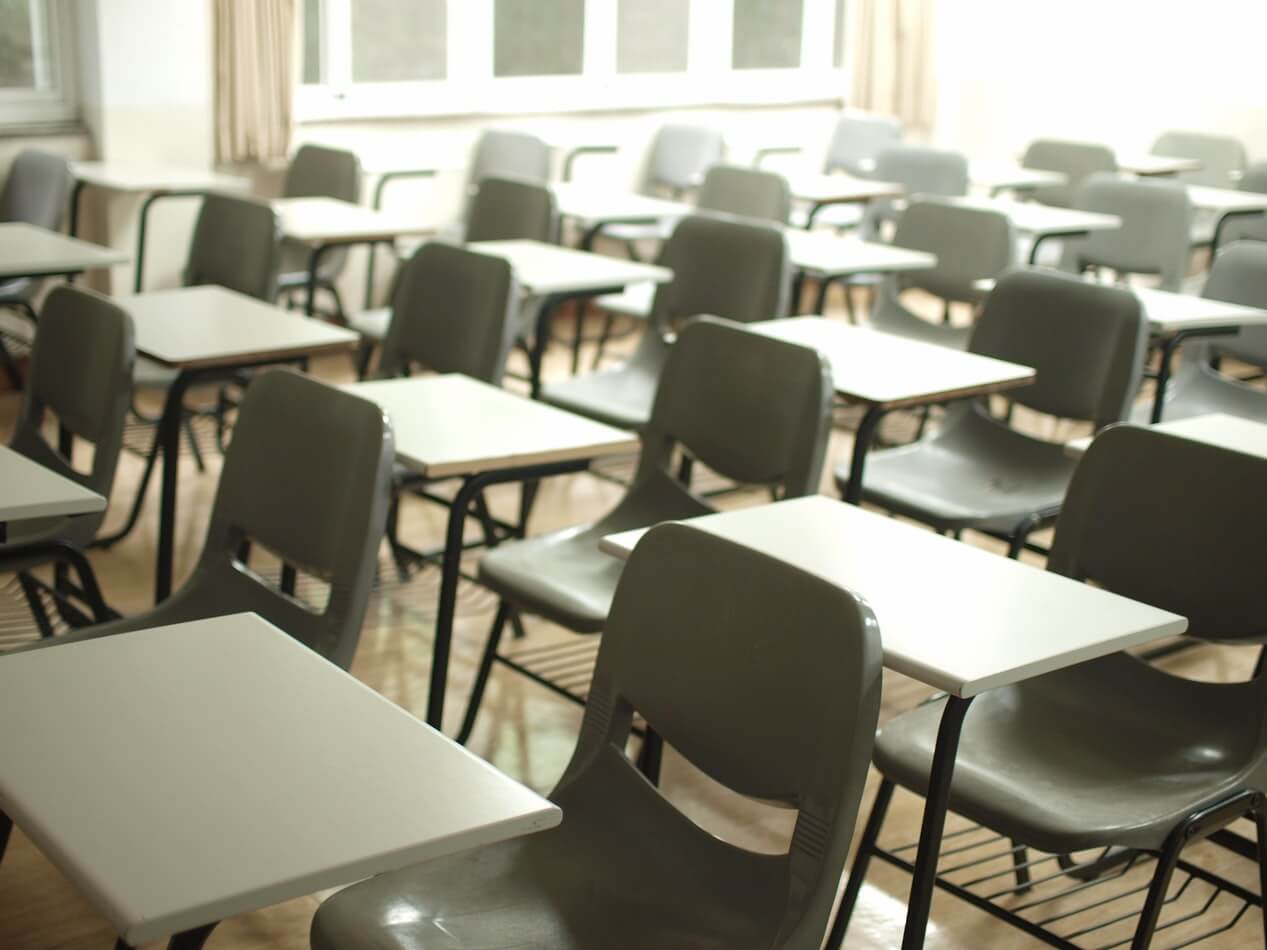After a full year of COVID-19, many industries and customs have changed. Almost everyone understands the basics of zoom etiquette, students have become much more comfortable with the technologies that make virtual classrooms possible, and humanity has once again invented a plethora of ways to both combat and profit off of a seemingly uncontrollable force. However, as we acknowledge how far educating in a virtual world has come, we must also recognize its shortcoming.
About a year ago, we published a blog about the effects of COVID-19 on learning outcomes. We explained the phenomenon known as the “summer slide” and how school closures during COVID-19 could exacerbate this already severe problem. A year later, it is time to once again look at the impact of COVID-19 on educational outcomes as we come to grips with the lasting effects of learning loss.
According to a survey of over 900 U.S K-12 educators done by Horace Mann, 53% of students show significant evidence of learning loss, 44% of students show some evidence of learning loss, and only 3% of students are unimpacted by COVID-19 learning loss. Furthermore, the study indicated that 57% of educators estimated their students are behind by more than three months in their social-emotional progress. As we wrote in our previous post on this topic, most of the actual learning pertains to math and science more than English. However, studies now indicate deficiencies in social-emotional learning, compensatory skills, and executive functioning.
Learning loss does not affect every child equally. Studies indicate disparities not only on racial and socioeconomic lines but also by age. The pandemic affects younger children more than high schoolers. A study conducted by the nonprofit Amplify Education found that 40 percent of first-grade students and 35 percent of second-grade students are “significantly at risk” of needing intensive intervention compared to 27 percent and 29 percent last year. Another study conducted by McKinsey & Company concluded that children had lost at least one and a half months of reading. Standardized test scores for middle and high schoolers tell a similar story: the effects of COVID-19 learning loss will last decades, not years.
Schools have enacted measures to combat the steep decline in year-over-year achievement, but it might be too little too late. Hastily fashioned school intervention programs, especially virtual programs, have largely fallen flat. Plus, as summer rolls around, these crucial programs will end. Private and public schools alike have turned to other measures to combat learning loss. Los Angeles and the state of North Dakota are even considering extending the school year into the summer. However, the best way to combat learning loss seems to be at-home remediation and private tutoring.
Working through math packets, practicing literacy at home, or working with a one-on-one academic coach for subject-specific help or executive functioning skill development is the best way to stave off the long-term effects of learning loss. For more ideas, please check out our blog. To learn more about our unique summer offerings, please reach out today.





